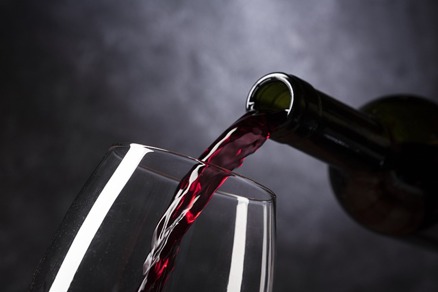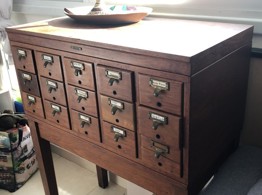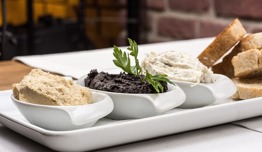Shemitah Wine Guidelines

The practical laws of using shemitah wine and grape juice in a nutshell
- It is meritorious to drink shemitah wine, as the verse states (Vayikra 25:6): "And the [produce] of the seventh year is for you to eat," especially on Shabbat and
- holidays.
- The wine should not be used in an unconventional fashion or in ways that cause it to be spoiled or wasted. For example: meat should not be marinated in holy wine, since the marinade will be disposed after use. However, it is permissible to use wine in cooking or baking to enhance the food's flavor.
- Foods prepared with shemitah wine (such as cake or any other dish) have kedushat shevi'it (shemitah sanctity) and all of the laws of kedushat shevi'it pertain to these foods.
- After drinking the wine, it is permissible to wash the cup as usual, even if a few drops are left in the cup. However, if there is a significant amount of wine left in the cup, it should be treated in accordance with the laws of kedushat shevi'it.
- If the shemitah wine bottle breaks, or wine spills on the floor, it is permissible to wash the floor, mop up the wine, squeeze out into the sink or throw napkins that soaked up the wine in the garbage as usual.
Kiddush
- It is permissible to mix holy shemitah wine with regular wine. It is best to ensure that the holy wine makes up the majority of the mixture.
- If a significant amount of wine is left in the goblet, it is best to reuse the wine for kiddush at a later time. So that wine will not be considered pagum (defective, and thus forbidden to use for kiddush), add a small amount of wine from the bottle to the cup. Afterwards, it will be permissible to pour the wine in the goblet back into the bottle.
- If you do not wish to reuse the wine, keep the wine in an uncovered cup overnight (linat lailah). In the morning it will be permitted to spill out the wine.
- Kiddush wine that spills onto the saucer/plate should be drunk. If it is a very small amount, it is permissible to pour it out into the sink.
Havdalah
- The posekim dispute whether it is permissible to use shemitah wine for havdalah. In practice, the mainstream ruling is to permit this use. However, avoid overfilling the cup so it will spill over. If you are going to drink this wine, though, it is permitted to overfill your cup
- If a small amount of wine spills onto the saucer, it is permissible to dab one's eyes with the wine. However, avoid extinguishing the havdalah candle in the wine since this directly spoils the wine. (Keep in mind that drinking shemitah wine is a mitzvah according to some opinions, but extinguishing the havdalah candle in wine is a minhag).
Four Cups on Seder Night
It is permissible to use shemitah wine for the mitzvah of the four cups, but avoid spilling out wine for the plagues and when saying "dam, eish, vetimron ashan" since this wastes the wine.
For this reason, it is preferable to use a different wine for the second cup, but it is certainly possible and even meritorious to use shemitah wine for the other cups.
Bi'ur
Bi'ur time for holy shemitah wine is erev Pesach 5783.
At this time, those who have enough for family use for three meals (including the wine necessary for the entire family for Seder night) need not perform bi'ur for the wine. However, those who have large quantities of wine should proceed as follows:
- Take the wine outside of your home and declare it ownerless for the poor and anyone else. If you cannot remove it from your home, bring three people to your home and declare it ownerless in their presence.
- It is permissible to declare the wine ownerless in the presence of three friends, even if you know that they will not take the wine. After you perform the mitzvah of bi'ur, it is permissible to claim to bottles.
- When declaring the wine ownerless, it needs to be stated in a way that makes it clear that it is ownerless to all. The formula stated by Chazal is:
אַחֵינוּ בֵּית יִשְׂרָאֵל: כָּל מִי שֶׁצָּרִיךְ לִטֹּל יָבוֹא וְיִטֹּל
"Our brothers of the House of Israel: Anyone who needs to take can come and take." - After bi'ur is performed, the wine retains its kedushat shevi'it status and should be handled as such.
- Wine under the auspices of an otzar beit din/in stores during bi'ur time is exempt from bi'ur.




